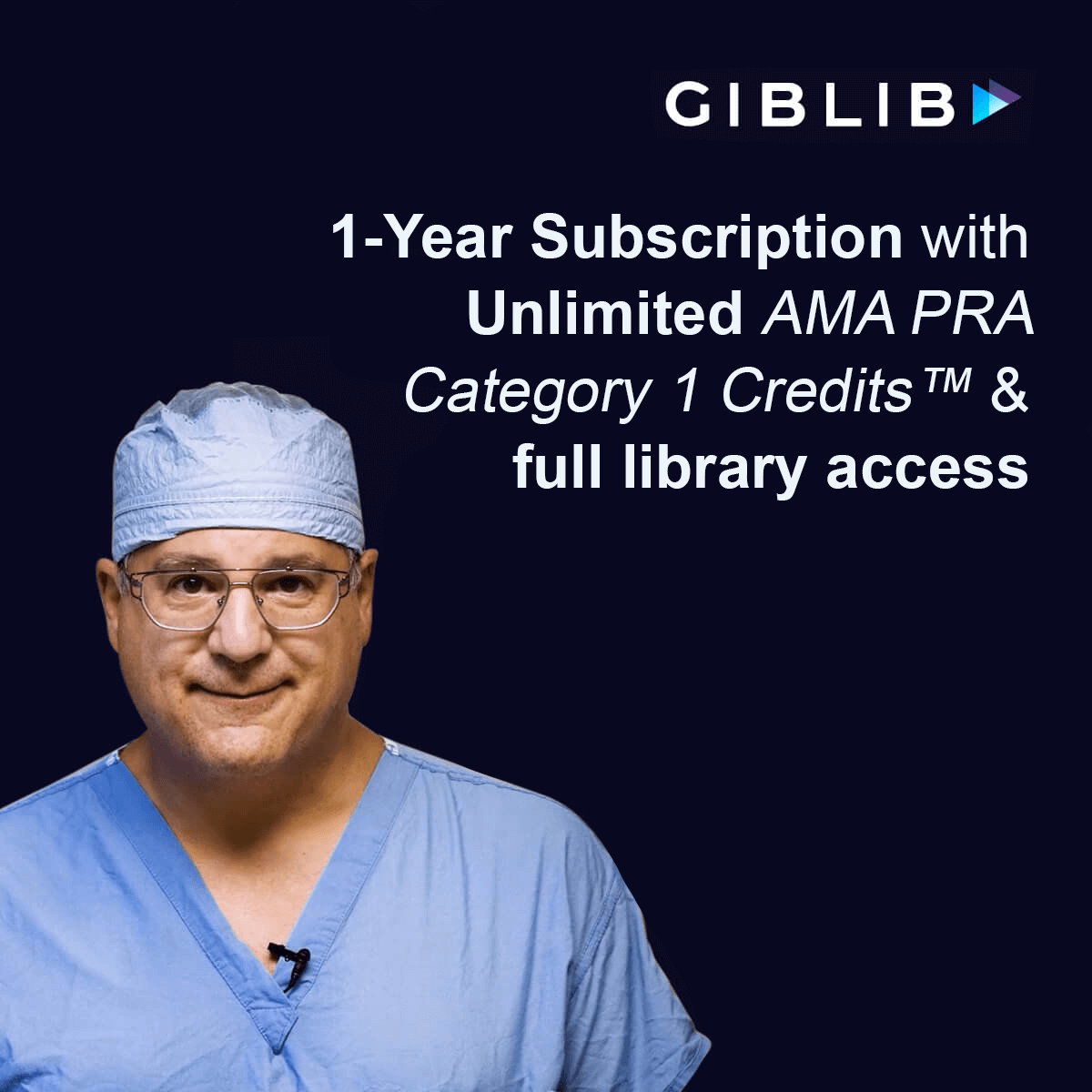Gastroenterology CME
31 - 32 of 32 results
-
UNAVAILABLE
GIBLIB CME Plan
GIBLIB is an on-demand streaming medical education platform where physicians and advanced practice providers go to learn and earn CME through convenient, high-quality educational content created by trusted experts from the world’s top hospitals.
With this purchase, you get a 1-year subscription to GIBLIB and the following features:
- Earn unlimited AMA PRA Category 1 Credits™
- Full library access to thousands of videos across all specialties
- Personalized and curated video recommendations
- Cross-device viewing on web and iOS
- New content released and available every week
- Create custom playlists that you can personally curate
- Bookmark videos for later viewing
- Take notes on specific content and review for later
- View transcripts of all videos, available in multiple languages
- Credit hours: Unlimited
- Format: Videos, Audio, Podcasts, Transcripts (on every Video)
-
UNAVAILABLE
ScientiaCME Advanced hepatocellular carcinoma (HCC) including updates from the European Society for Medical Oncology (ESMO) 2023 and other recent society meetings
- Credit hours: .75
- Format: On-Demand Online
- Material last updated: 02/03/2024
- Expiration of CME credit: 02/03/2025


